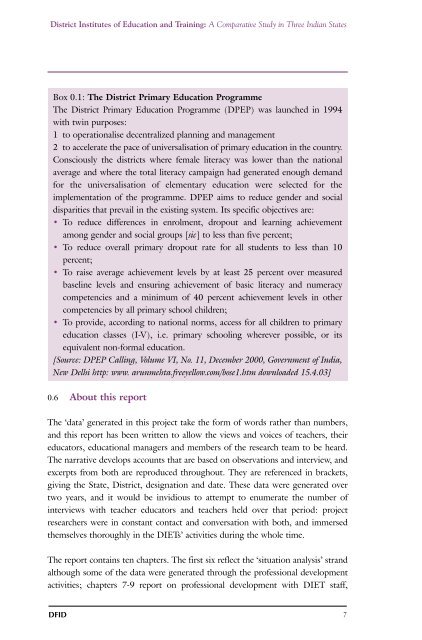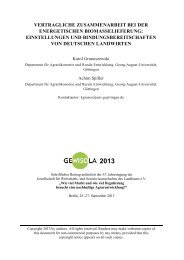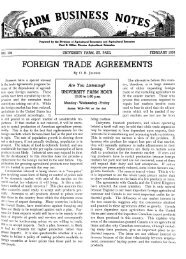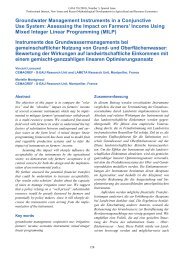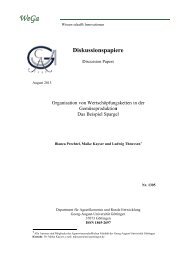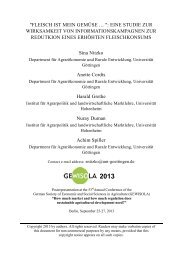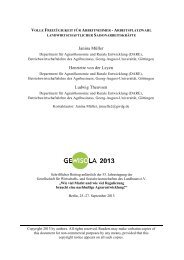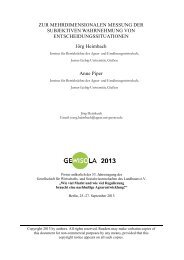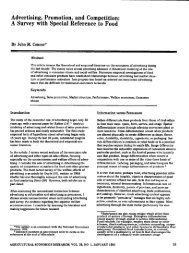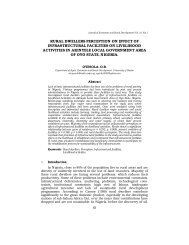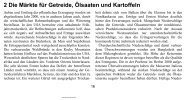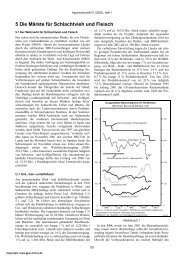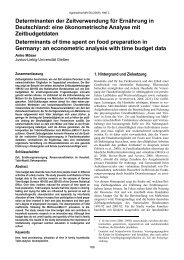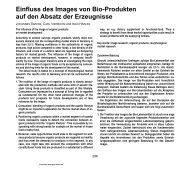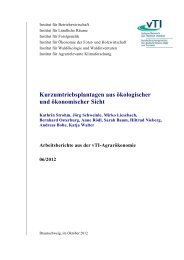District Institutes of Education and Training - Teacher Education
District Institutes of Education and Training - Teacher Education
District Institutes of Education and Training - Teacher Education
Create successful ePaper yourself
Turn your PDF publications into a flip-book with our unique Google optimized e-Paper software.
<strong>District</strong> <strong>Institutes</strong> <strong>of</strong> <strong>Education</strong> <strong>and</strong> <strong>Training</strong>: A Comparative Study in Three Indian States<br />
Box 0.1: The <strong>District</strong> Primary <strong>Education</strong> Programme<br />
The <strong>District</strong> Primary <strong>Education</strong> Programme (DPEP) was launched in 1994<br />
with twin purposes:<br />
1 to operationalise decentralized planning <strong>and</strong> management<br />
2 to accelerate the pace <strong>of</strong> universalisation <strong>of</strong> primary education in the country.<br />
Consciously the districts where female literacy was lower than the national<br />
average <strong>and</strong> where the total literacy campaign had generated enough dem<strong>and</strong><br />
for the universalisation <strong>of</strong> elementary education were selected for the<br />
implementation <strong>of</strong> the programme. DPEP aims to reduce gender <strong>and</strong> social<br />
disparities that prevail in the existing system. Its specific objectives are:<br />
• To reduce differences in enrolment, dropout <strong>and</strong> learning achievement<br />
among gender <strong>and</strong> social groups [sic] to less than five percent;<br />
• To reduce overall primary dropout rate for all students to less than 10<br />
percent;<br />
• To raise average achievement levels by at least 25 percent over measured<br />
baseline levels <strong>and</strong> ensuring achievement <strong>of</strong> basic literacy <strong>and</strong> numeracy<br />
competencies <strong>and</strong> a minimum <strong>of</strong> 40 percent achievement levels in other<br />
competencies by all primary school children;<br />
• To provide, according to national norms, access for all children to primary<br />
education classes (I-V), i.e. primary schooling wherever possible, or its<br />
equivalent non-formal education.<br />
[Source: DPEP Calling, Volume VI, No. 11, December 2000, Government <strong>of</strong> India,<br />
New Delhi http: www. arunmehta.freeyellow.com/bose1.htm downloaded 15.4.03]<br />
0.6 About this report<br />
The ‘data’ generated in this project take the form <strong>of</strong> words rather than numbers,<br />
<strong>and</strong> this report has been written to allow the views <strong>and</strong> voices <strong>of</strong> teachers, their<br />
educators, educational managers <strong>and</strong> members <strong>of</strong> the research team to be heard.<br />
The narrative develops accounts that are based on observations <strong>and</strong> interview, <strong>and</strong><br />
excerpts from both are reproduced throughout. They are referenced in brackets,<br />
giving the State, <strong>District</strong>, designation <strong>and</strong> date. These data were generated over<br />
two years, <strong>and</strong> it would be invidious to attempt to enumerate the number <strong>of</strong><br />
interviews with teacher educators <strong>and</strong> teachers held over that period: project<br />
researchers were in constant contact <strong>and</strong> conversation with both, <strong>and</strong> immersed<br />
themselves thoroughly in the DIETs’ activities during the whole time.<br />
The report contains ten chapters. The first six reflect the ‘situation analysis’ str<strong>and</strong><br />
although some <strong>of</strong> the data were generated through the pr<strong>of</strong>essional development<br />
activities; chapters 7-9 report on pr<strong>of</strong>essional development with DIET staff,<br />
DFID 7


